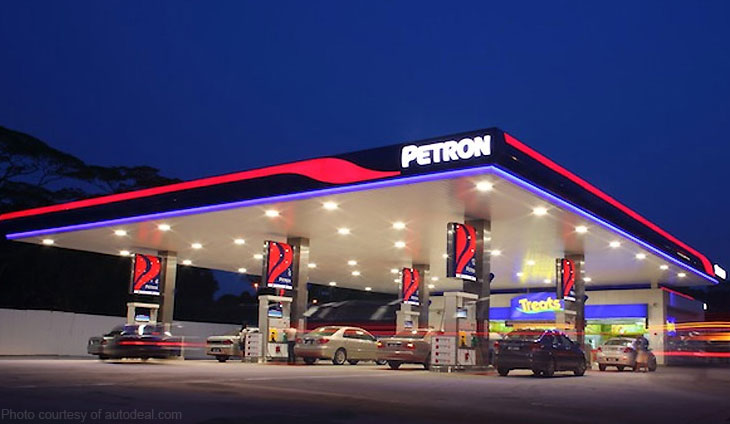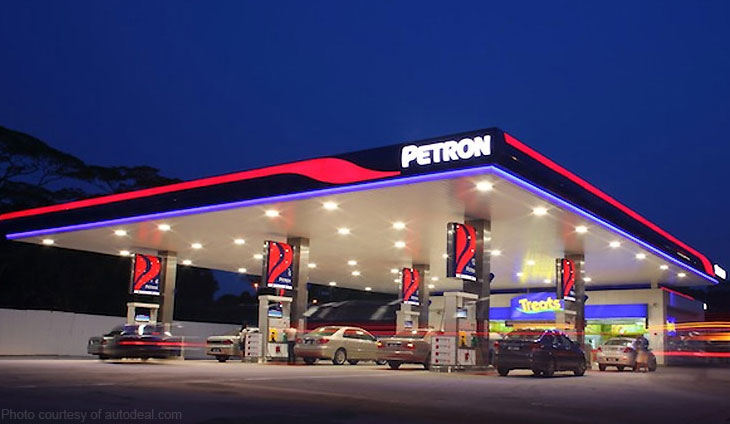
DUTIES and taxes collected by the government from its fuel marking program have reached P264.5 billion. This is P46.54-billion more than the P218.05 billion government said it was able to collect as of April 15.
The government has so far marked 27.27 billion liters of fuel since the fuel marking program was implemented in September 2019 until June this year, based on an infographic from the Department of Finance.
The bulk of the haul from the fuel marking program came from the Bureau of Customs at P234.74 billion in duties and taxes. Meanwhile, the remaining P29.78 billion in excise taxes was collected by the Bureau of Internal Revenue.
In terms of fuel type, diesel comprised most of the fuel marked at 16.69 billion liters. This was followed by gasoline and kerosene at 10.44 billion liters and 144.92 million liters, respectively.
A huge chunk or 73.33 percent of the total volume of fuel marked was in Luzon at 20 billion liters. Next to Luzon is Mindanao with 5.78 billion liters or 21.2 percent while the volume of marked fuel in the Visayas reached 1.49 billion liters or 5.47 percent.
A total of 25 petroleum companies have participated in the fuel marking program.
Topping the list of companies that had the most volume of fuel marked is Petron Corp., cornering 22.59 percent or 6.16 billion liters of the total.
Trailing Petron are: Pilipinas Shell Petroleum Corp. with 19.13 percent or 5.22 billion liters; Unioil Resources & Holdings Co. Inc. with 10.3 percent or 2.81 billion liters; Seaoil Philippines Inc. with 8.04 percent or 2.19 billion liters; and, Insular Oil Corp. with 7.99 percent or 2.18 billion liters. The latter edged out Phoenix Petroleum Philippines Inc., which reported to have 7.68-percent of fuel volume or 1.72 billion liters marked as of April 15.
In February, House Ways and Means Committee Chairman Albay Rep. Joey Salceda revealed that the government lost P357 billion due to fuel smuggling from 2010 to 2019.
While fuel marking helped lower smuggling, foregone revenues are still rising, Salceda said, because the Tax Reform for Acceleration and Inclusion (Train) law (Republic Act 10963) raised taxes on fuel products in 2018.
Fuel marking makes use of a unique chemical marker that can be embedded at a molecular level in petroleum products—gasoline, diesel, and kerosene—thereby enabling authorities to test, identify and distinguish petroleum products with paid excise taxes.
Under RA 10963, petroleum products that are refined, manufactured or imported to the Philippines such as, but not limited to, unleaded premium gasoline, kerosene and diesel, shall be marked by an official marking agent after payment of taxes and duties.
The fuel-marking program was launched with the aim of halting illegal importation, manufacturing, and other fraudulent activities relating to the use and sale of petroleum products in the country.

